In 2018, we started the first acoustic tagging study of Angelsharks to improve understanding of habitat use, movement and site fidelity in the La Graciosa Marine Reserve.
Nobody had tagged Angelsharks with acoustic tags before this, so we teamed up with engineers and scientists to develop a new, low cost, ethically sound acoustic tag attachment methodology. This new methodology allows us to fit acoustic tags onto adult Angelsharks underwater – through SCUBA diving – minimising the stress of the procedure on the animals.
During two expeditions in July and November 2018, seven acoustic receivers were deployed around La Graciosa island and 22 Angelsharks were fitted with acoustic tags. In November 2019, we downloaded the first year of data from these receivers, tagged an additional 32 Angelsharks and deployed an additional four receivers – three of which were deployed at 120 m depth to investigate deep water Angelshark movement.
If you see an Angelshark with an acoustic tag, please report it with the tag number to the sightings map.


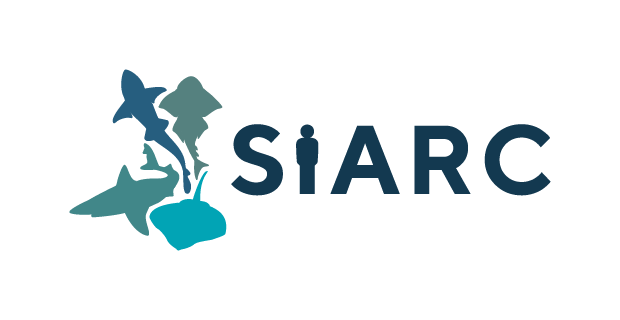




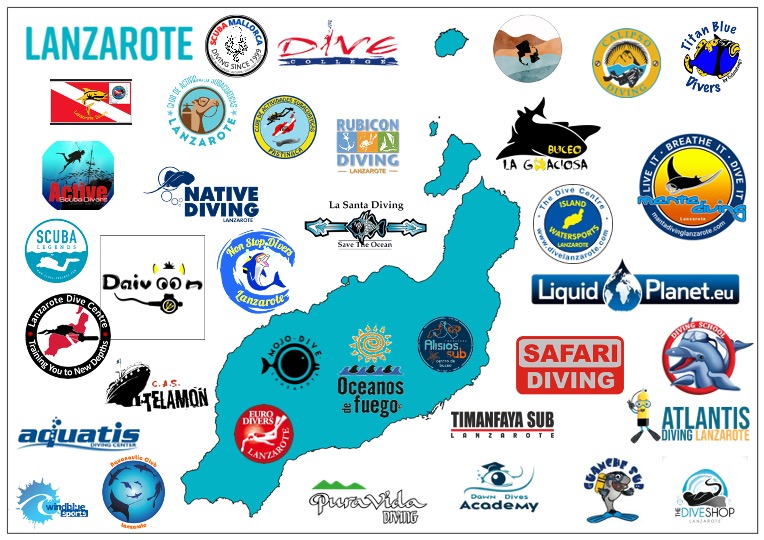
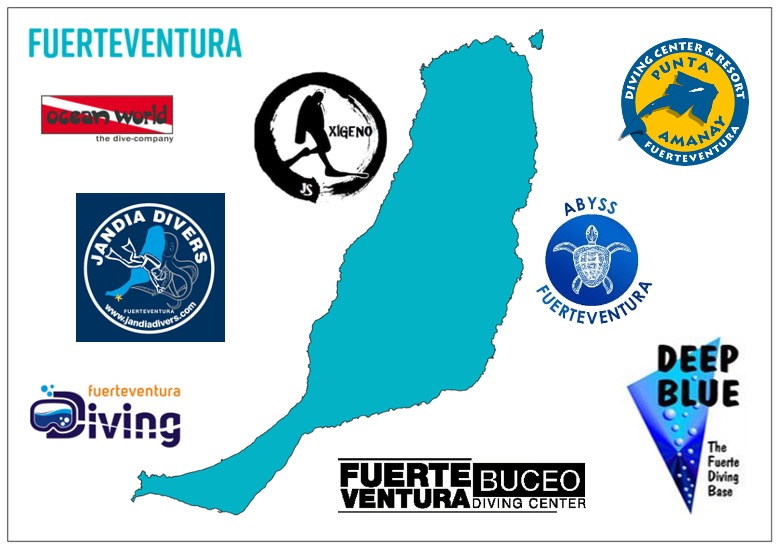
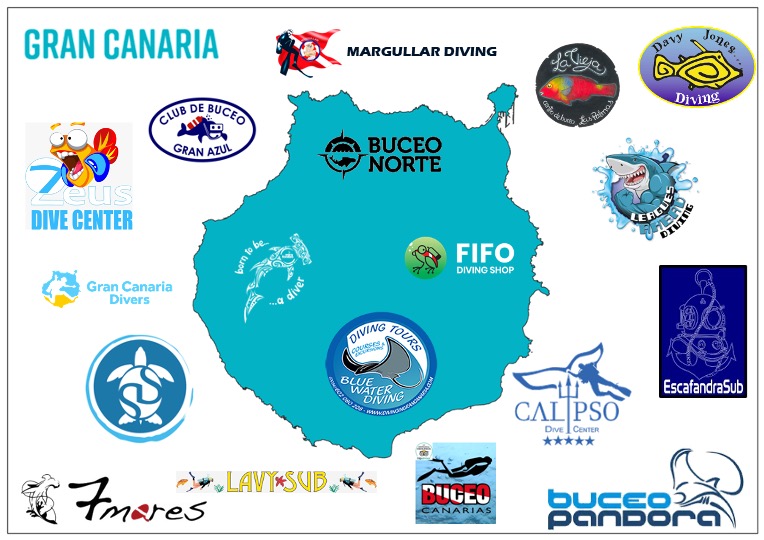
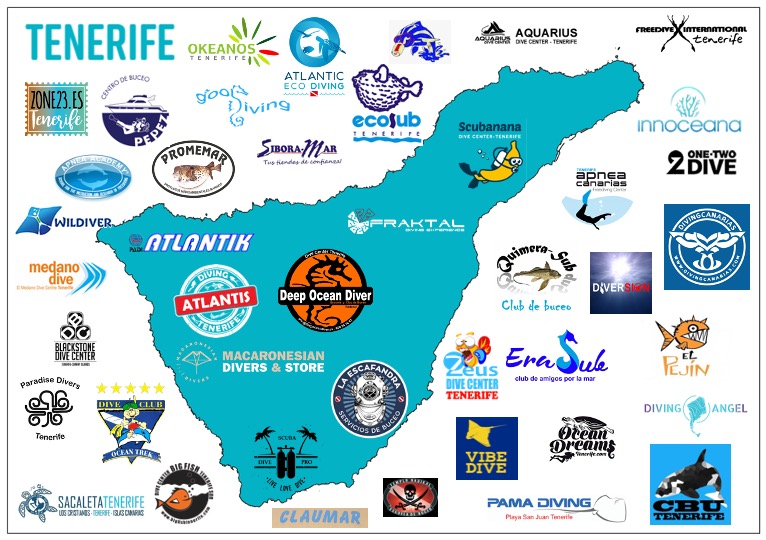

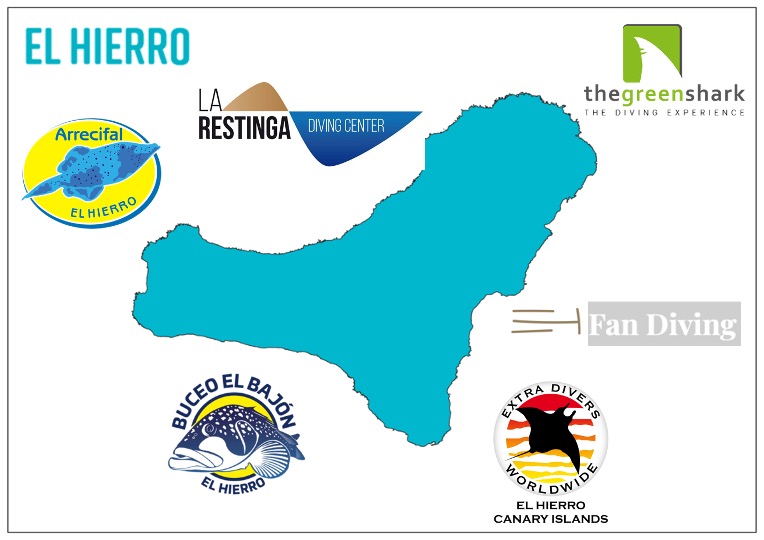
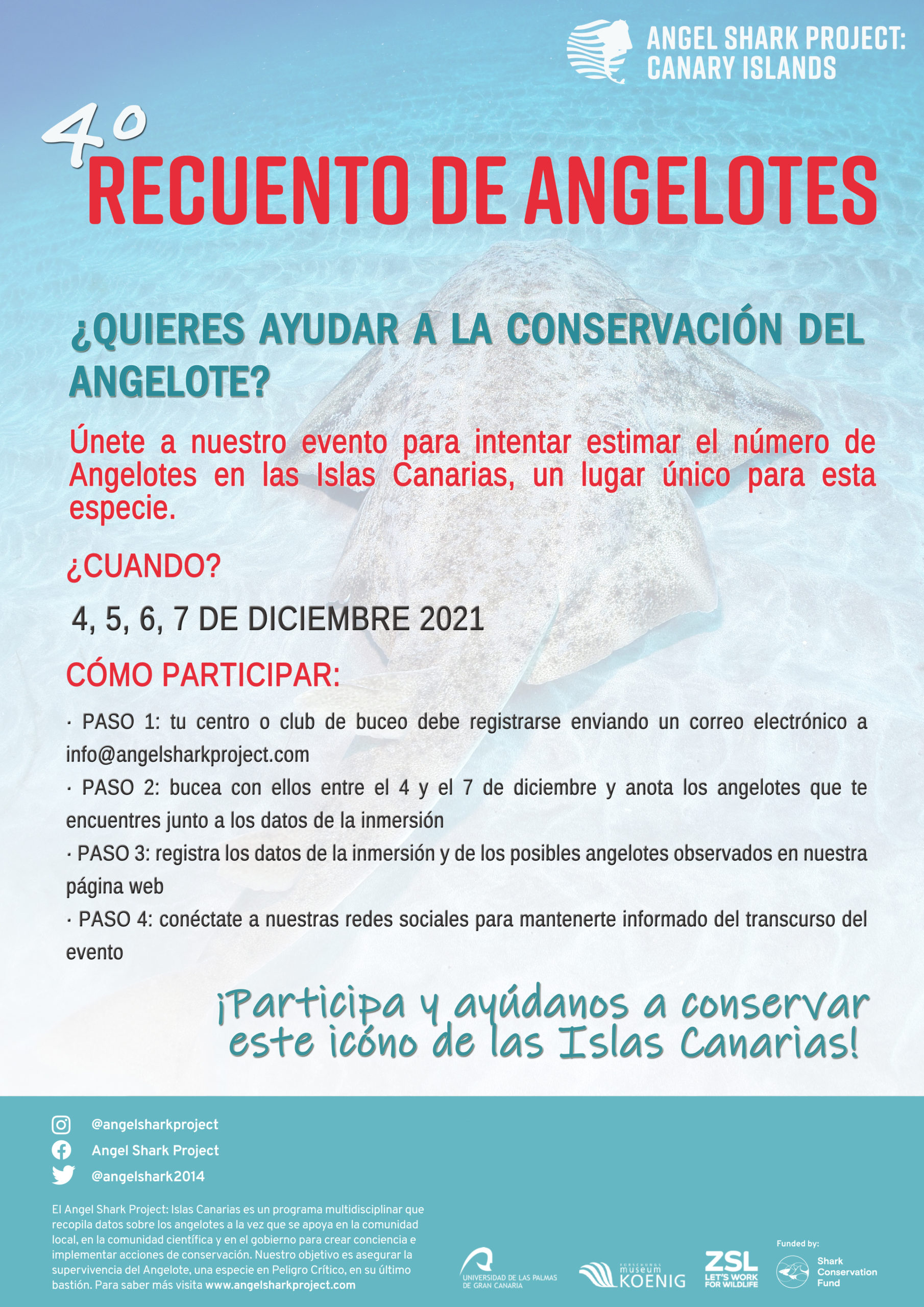
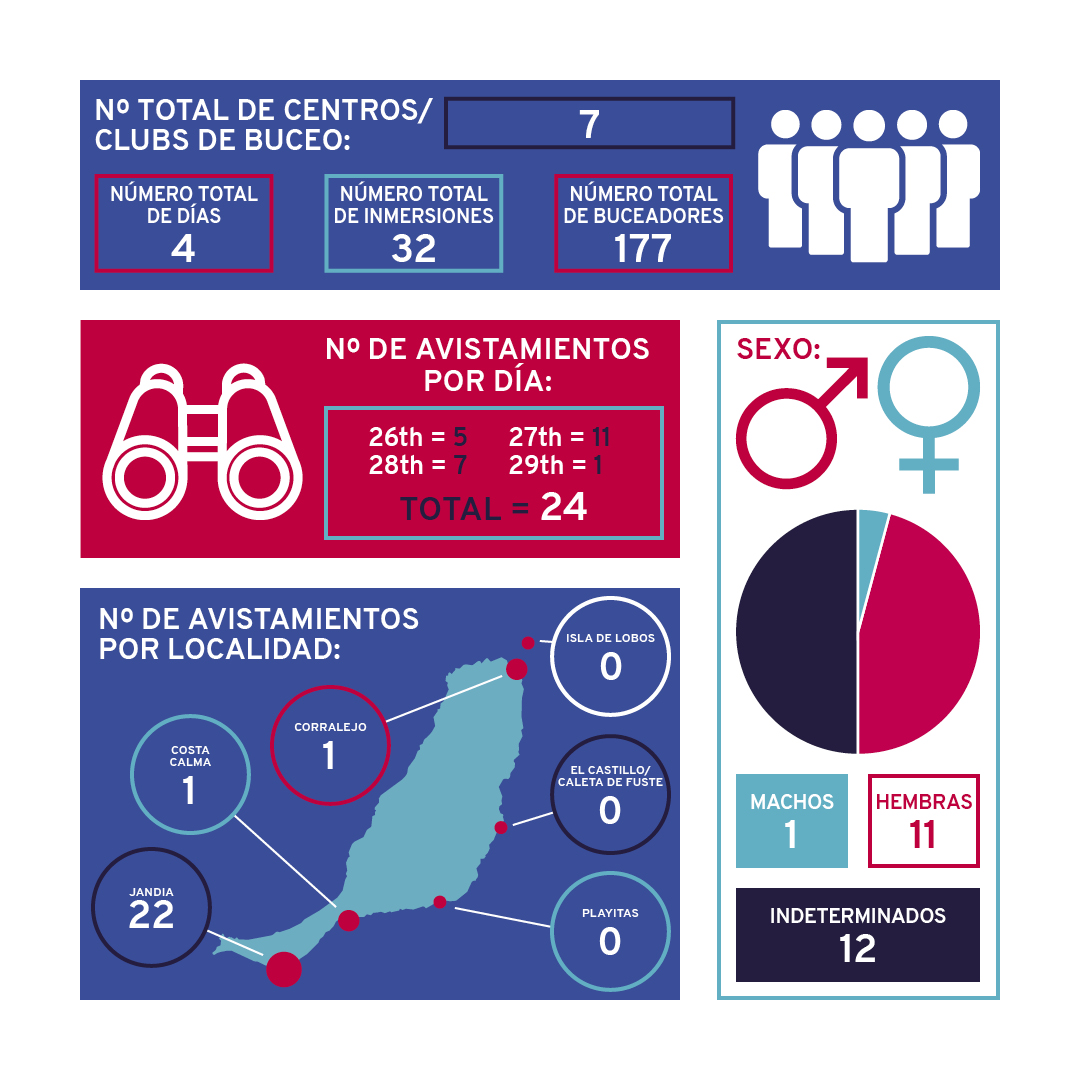
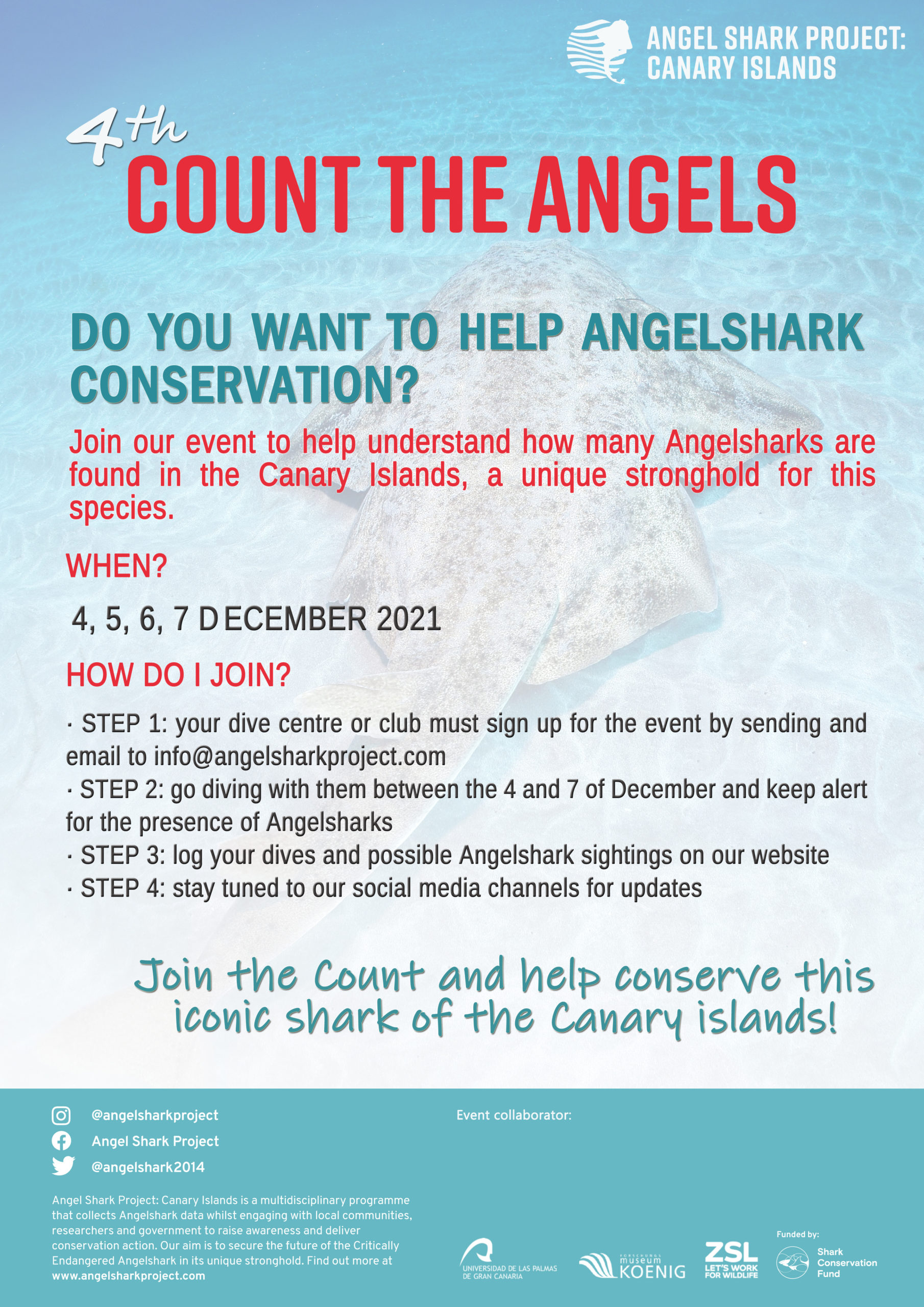
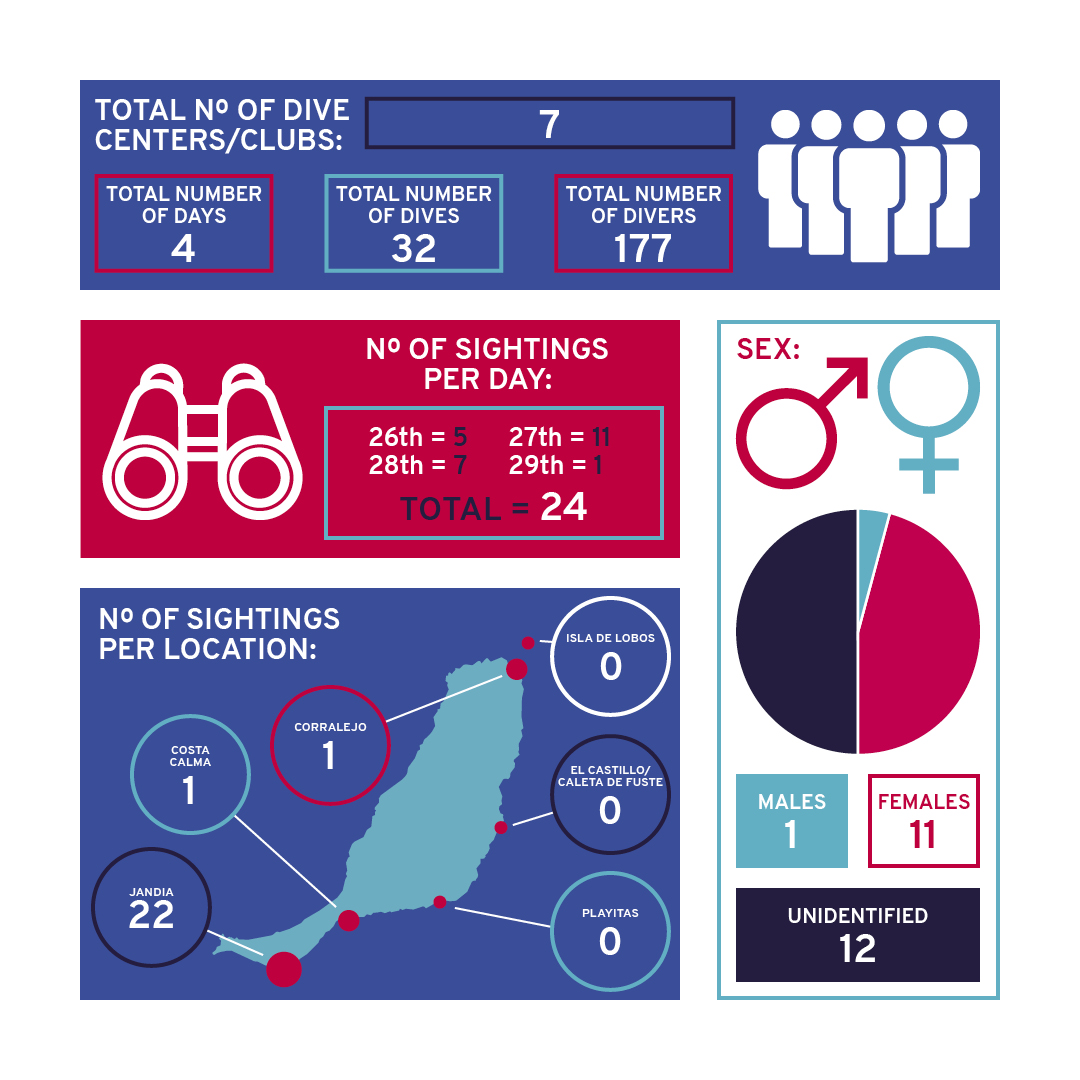
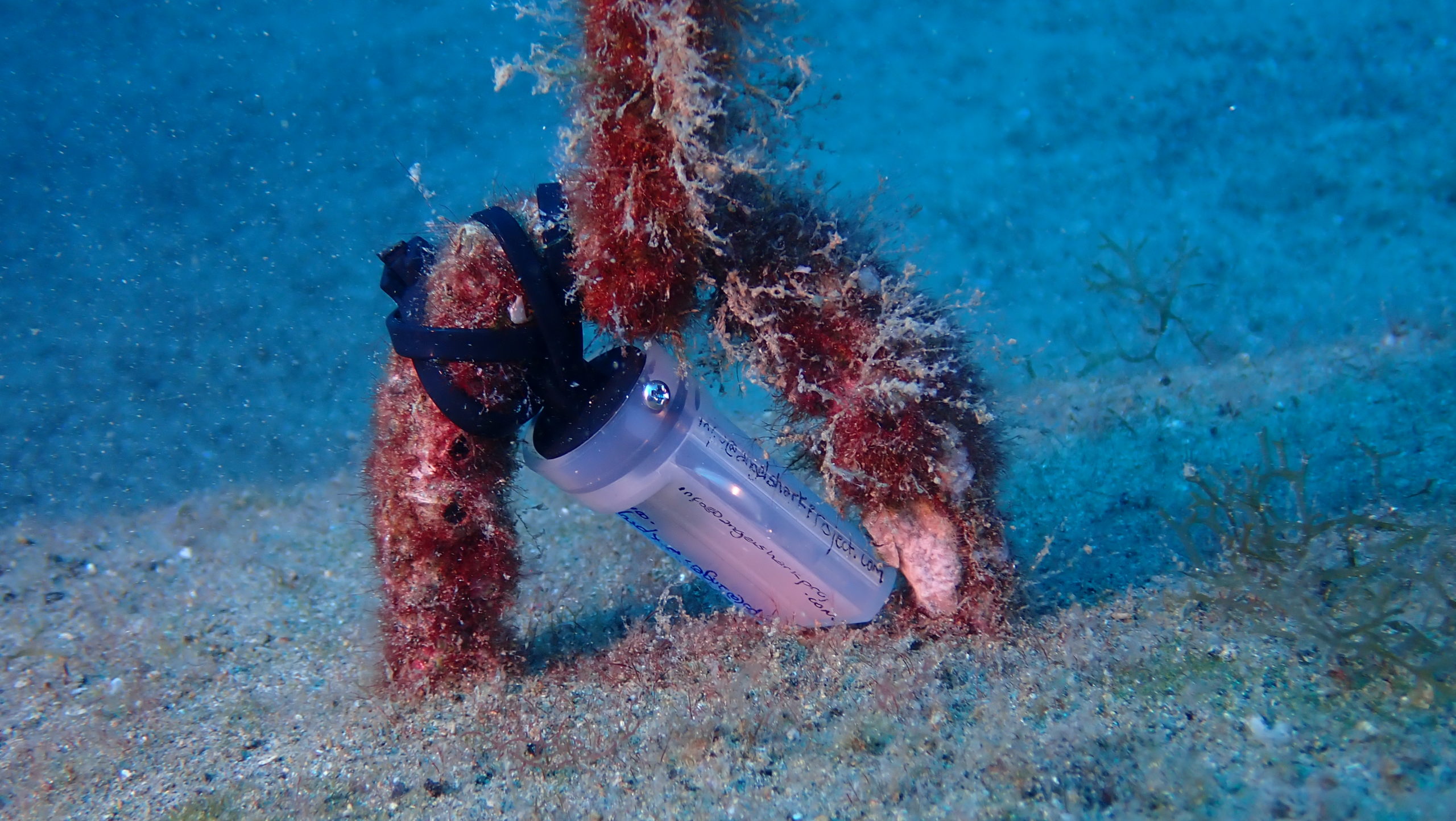
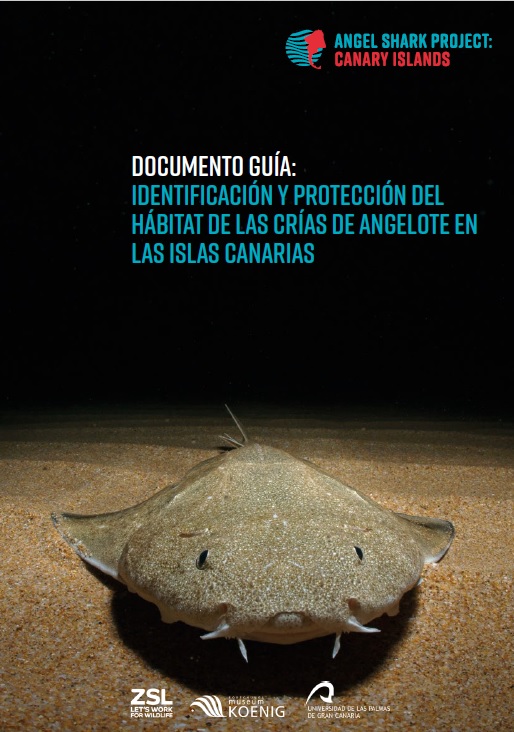

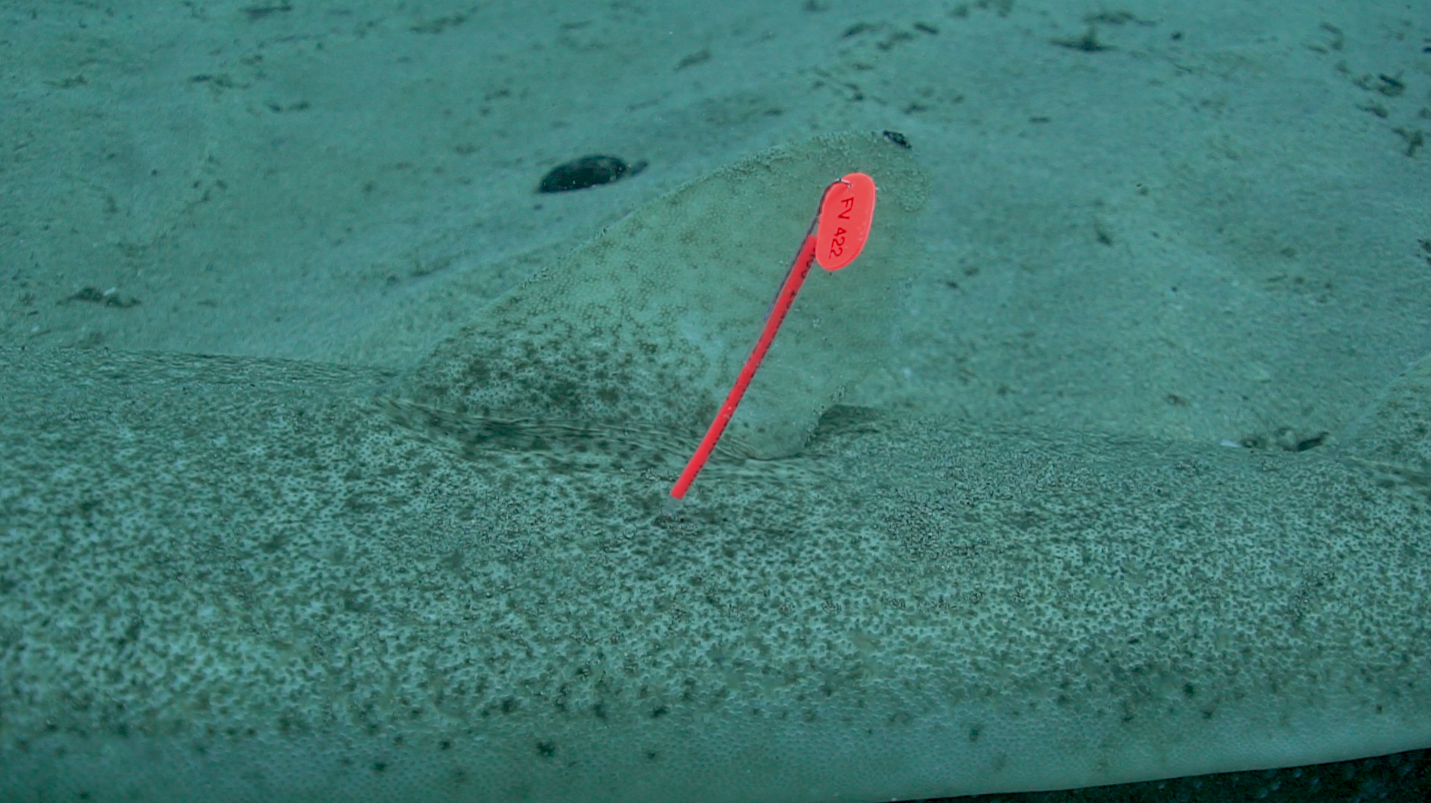
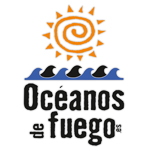

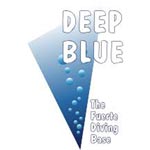






HOW TO GET INVOLVED
Follow guidelines
It is illegal to target Angelsharks, but if you accidentally catch one when fishing follow our best practice guide to release it in a good condition.
Divers and snorkellers who are fortunate enough to encounter an Angelshark in the water, should at all times follow the Angelshark Code of Conduct.
Report Sightings
Information from you will help us to better understand the ecology of Angelsharks in the waters around Wales. We encourage anyone with historic, current and future records of Angelsharks in Wales to report their data.
Sightings can be uploaded directly to the Angel Shark sightings map
eBook
We’ve developed an eBook for KS2 schoolchildren exploring the heritage of Angelsharks in Wales and how we collaborate to understand this Critically Endangered species.
Social media
Keep an eye out on our social media pages for upcoming events and opportunities to learn more about Angelsharks in Welsh waters.